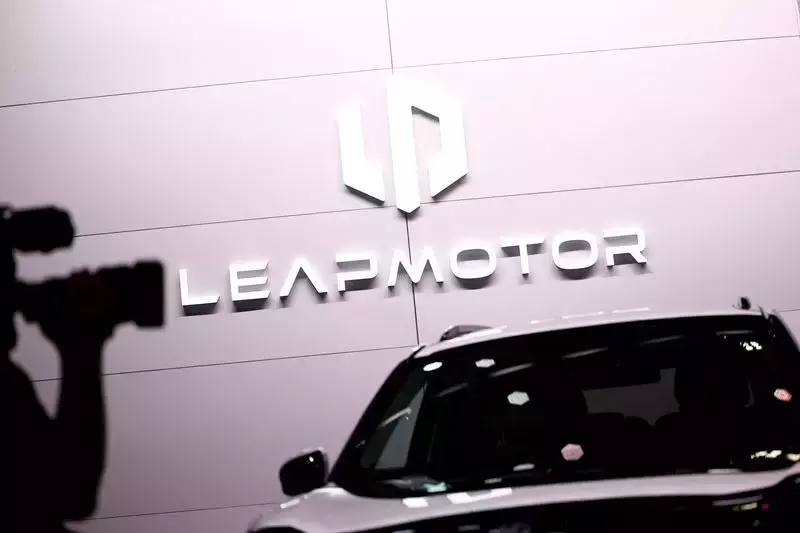The Clash of Electric Titans: China's EV Makers Challenge Europe's Dominance
The European Union's proposed tariffs on Chinese-made electric vehicles have sparked a heated debate, with Chinese EV giant BYD warning that the move will raise prices and deter buyers. As the Paris car show unfolds, the battle lines are drawn between European and Chinese automakers, each vying for a larger slice of the lucrative EV market.Navigating the Turbulent EV Landscape: Challenges and Opportunities Abound
Tariffs and Tensions: The EU's Protectionist Measures
The European Union's decision to impose tariffs of up to 45% on Chinese-made electric vehicles has ignited a firestorm of controversy. BYD, one of China's EV giants, has voiced its concerns, arguing that these tariffs will ultimately burden consumers with higher prices and deter lower-income individuals from accessing the benefits of electric mobility. The move, according to BYD's Executive Vice President Stella Li, is "not a fair judgment" and will have a detrimental impact on the European EV market's growth.Chinese Automakers Forge Ahead: Expanding Presence in Europe
Despite the EU's protectionist measures, Chinese automakers are pressing forward with their European expansion plans. Nine Chinese brands, including BYD and Leapmotor, are showcasing their latest models at the Paris car show, a testament to their determination to carve out a larger share of the European market. Leapmotor, for instance, aims to have 500 points of sale in Europe by the end of 2025, underscoring the ambition of these Chinese players.Pricing Strategies and Brand Recognition: Navigating the European Landscape
Chinese EV makers have typically priced their vehicles slightly below their European counterparts, giving them a competitive edge. This pricing strategy, coupled with their ability to offer more features as standard, has helped offset the lower margins they face in their domestic market. However, brand recognition remains a challenge, as even established players like BYD still have relatively low brand awareness in Europe. The launch of models like the electric Sea Lion 07 SUV will be crucial in helping Chinese brands make a splash and establish their presence in the European market.The European Automakers' Dilemma: Defending the Home Turf
The European auto industry is not taking the Chinese invasion lying down. This year's Paris car show sees a much stronger showing from Europe's automakers, a clear sign of their determination to defend their home market. The presence of Chinese brands has declined from almost half of the brands present in 2022 to only about a fifth this year, as European manufacturers flex their muscles.Navigating Turbulent Times: Profit Warnings and Cost-Cutting Measures
The European automakers are facing their own set of challenges, with Volkswagen, Mercedes-Benz, and BMW all issuing profit warnings largely due to the weak Chinese market. Stellantis, the parent company of Fiat, Peugeot, and Chrysler, has also slashed its earnings forecast due to inventory problems in the United States. In response, Stellantis CEO Carlos Tavares has not ruled out job cuts or offloading brands, acknowledging the need for "big efforts" to navigate the challenging market conditions.The Race for Technological Supremacy: Chinese Automakers' Agility Versus European Tradition
The European automakers are struggling to keep up with the rapid pace of innovation and development displayed by their Chinese counterparts. Chinese EV makers can develop new models in just two years, at least twice as fast as traditional Western automakers. This agility, combined with their lower costs, has put significant pressure on the European industry, which is now facing "massive alarm bells" according to industry analyst Stax's Dunne. The Europeans recognize the need to act quickly and radically to remain competitive in the rapidly evolving EV landscape.

